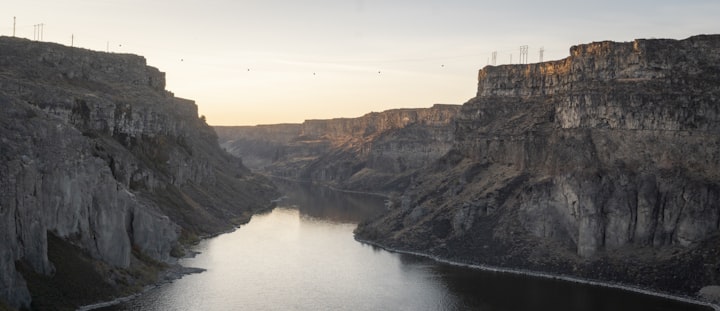History and evolution of travel and tourism.
travel and tourism.

The history and evolution of travel and tourism can be traced back to ancient times. Throughout the centuries, travel and tourism have developed and transformed in response to various factors such as technological advancements, social changes, economic conditions, and geopolitical events. Here's an overview of the history and evolution of travel and tourism:
1. Ancient Times: In ancient civilizations like Egypt, Greece, and Rome, people traveled for various purposes, including trade, religious pilgrimages, and exploration. Ancient Egyptians, for example, engaged in trade routes across the Mediterranean Sea, while the Greeks traveled for religious festivals like the Olympic Games.
2. Middle Ages: During the Middle Ages, travel was primarily undertaken for religious reasons, such as pilgrimages to important religious sites like Jerusalem and Mecca. The Crusades also led to increased travel as Europeans journeyed to the Holy Land.
3. Age of Discovery: The 15th and 16th centuries marked the Age of Discovery when explorers like Christopher Columbus, Vasco da Gama, and Ferdinand Magellan set out on voyages of discovery. This era brought about significant advancements in navigation, shipbuilding, and cartography, leading to the opening of new trade routes and the growth of global exploration.
4. Industrial Revolution: The 18th and 19th centuries witnessed the Industrial Revolution, which brought about major technological advancements such as steam-powered transportation and the development of railroads. This revolutionized travel by making it faster, more affordable, and accessible to a broader range of people.
5. Grand Tours: In the 18th and 19th centuries, the concept of the Grand Tour gained popularity among wealthy Europeans. These extended trips across Europe were undertaken for educational and cultural enrichment purposes, allowing travelers to experience art, architecture, and the classical world.
6. Modern Tourism: The 19th century saw the emergence of modern tourism as more people began to travel for leisure and relaxation. The establishment of rail and road networks, along with the growth of hotels and resorts, made tourism more accessible. Thomas Cook, a British pioneer in the travel industry, organized the first package tour in 1841, making travel more organized and convenient.
7. 20th Century: The 20th century witnessed further advancements in transportation, with the invention of the airplane by the Wright brothers in 1903. Air travel revolutionized tourism by making long-distance travel faster and more efficient. The rise of mass tourism also occurred during this period, with the development of travel agencies, tour operators, and the expansion of international hotel chains.
8. Post-World War II: After World War II, there was a significant increase in leisure travel. Economic prosperity, improved transportation infrastructure, and the introduction of paid vacations for workers contributed to the growth of tourism. The development of commercial jet airliners in the 1950s made international travel more accessible and affordable.
9. Digital Age: The advent of the internet and digital technology in the late 20th century transformed the travel and tourism industry. Online booking platforms, travel websites, and review platforms provided travelers with more options and information, enabling them to plan and book trips independently.
10. Sustainable Tourism: In recent years, there has been a growing emphasis on sustainable tourism practices. Travelers and destinations are increasingly conscious of the environmental, social, and cultural impacts of tourism. There is a focus on preserving natural resources, supporting local communities, and promoting responsible travel practices.
Overall, the history and evolution of travel and tourism have been shaped by technological advancements, changing social norms, economic factors, and global events. From ancient trade routes to modern-day digital travel, travel and tourism continue to evolve and adapt to meet the needs and desires of travelers.






Comments
There are no comments for this story
Be the first to respond and start the conversation.